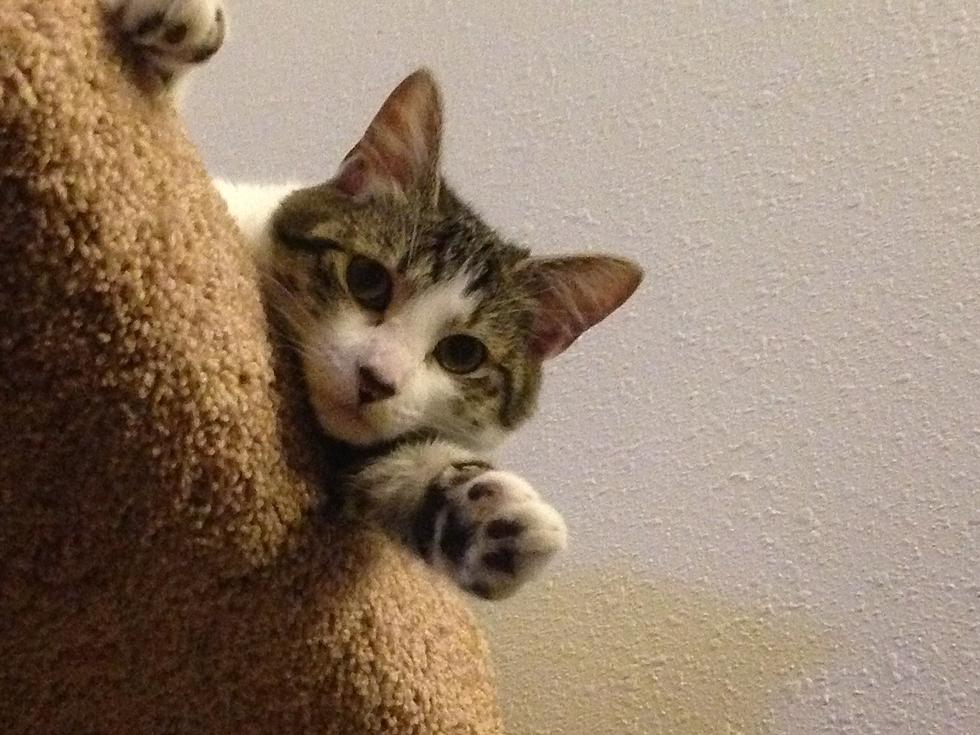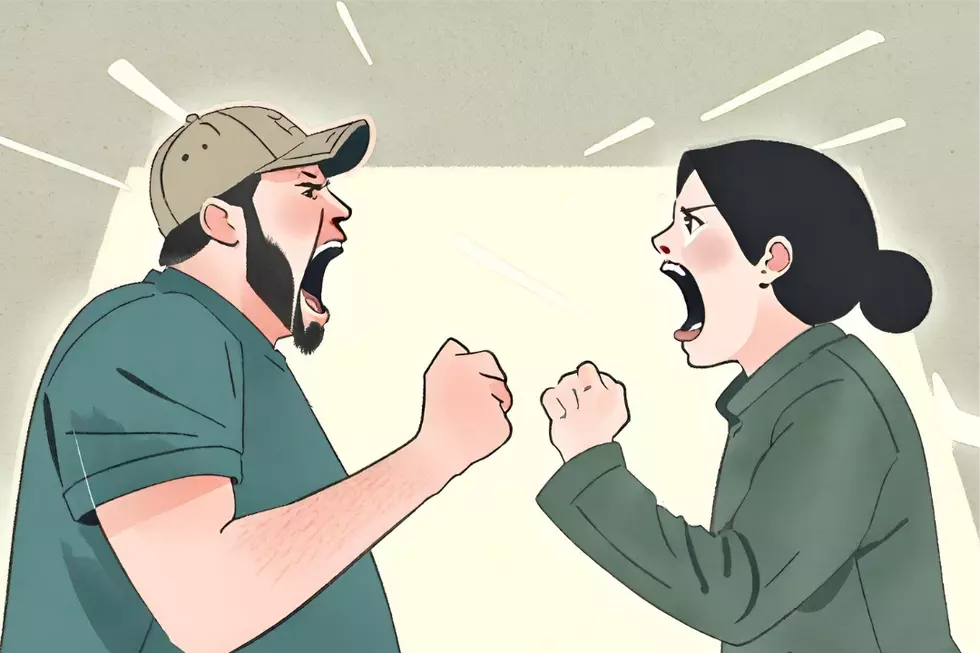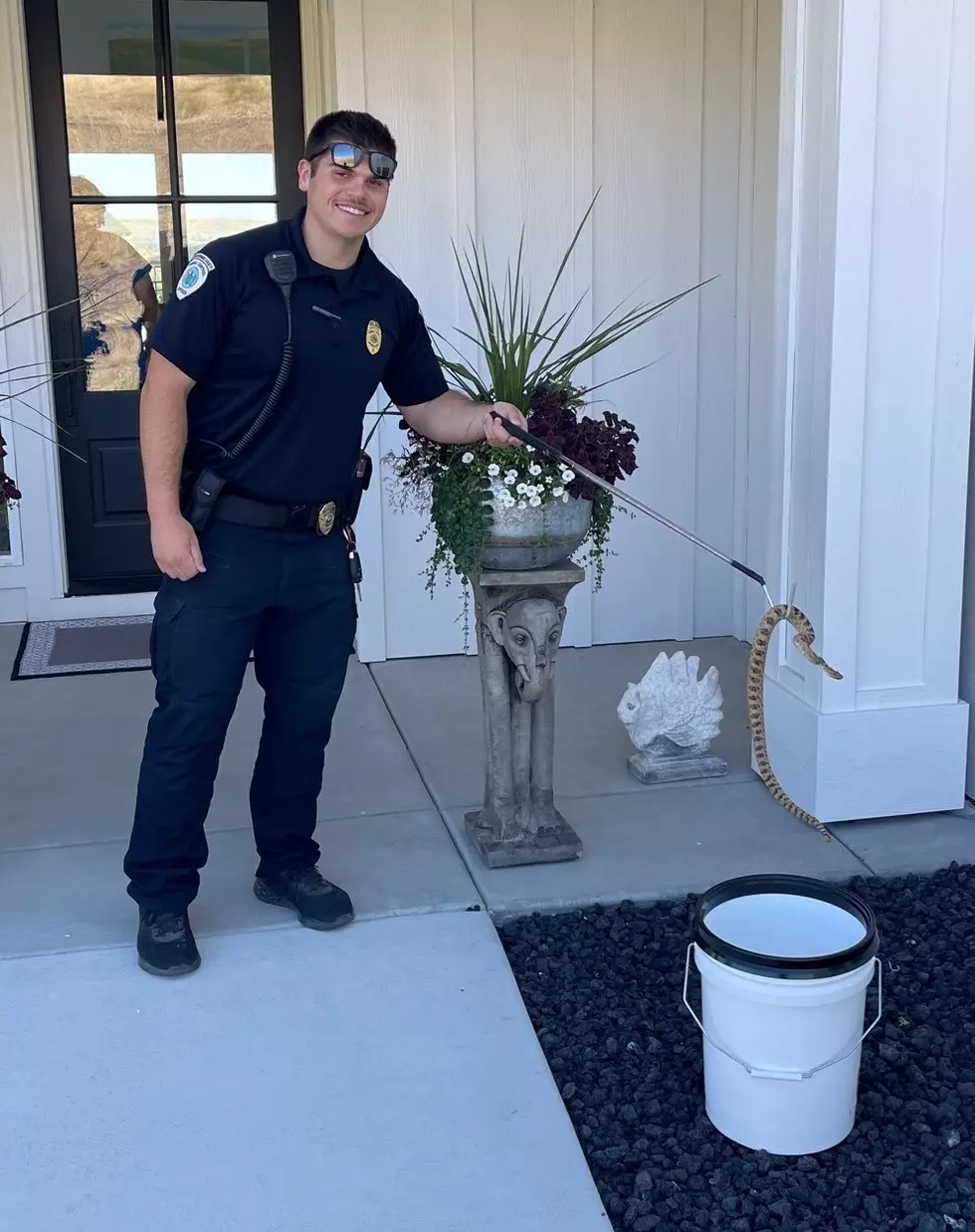
Idaho Humane Society Reminds Pet Owners of Winter Dangers
Adopting my cat Piccolo was the single best decision that I have ever made. It's clear, too, that plenty of folks right here in the Treasure Valley love their animals as much as I love mine. Who wouldn't!? Since my creature was just a kitten, she was an indoor cat. Something about setting her out into the neighborhood (which, at the time, was a slightly dirty college neighborhood off of the campus of Gonzaga University) just didn't feel safe. To this day, she lives indoors only--away from the dangers of the streets! She may well be the most spoiled cat in town.
This said, not every cat or dog owner is as crazy and protective as I. Drive anywhere around Southeast Boise and you'll see plenty of wild cats roaming the streets and from time to time, even a whole bunch of deer. I love my neighborhood!
Each summer, you see warnings for pets. Don't walk the dog on the screaming hot asphalt because it will burn their paws! Don't leave your animals in the hot car! Make sure they've got fresh water!
Well, winter is no different. Cold temperatures also bring risks to our beloved furry animals and the Idaho Humane Society has released a statement on this--specifically around cats and getting into anti-freeze.
Cold temps are upon us, which can spur many deadly incidents for pets. Antifreeze, in particular, can kill domestic animals and wildlife when leaks are left unattended, or there is carelessness with the disposal of containers. Unfortunately, we have already seen the deadly consequences with Treasure Valley animals this week.
A very sick cat made their way into our shelter, which we suspected drank antifreeze. After running its bloodwork and confirming the diagnoses, we humanely euthanized that cat to end its suffering since it was untreatable. We also learned that several other animals were also euthanized due to antifreeze poisoning at different veterinary clinics in town.Antifreeze is especially deadly because it has a sweet taste to pets and seems appealing; however, they can suffer from rapid kidney failure even with a minimal amount.It’s estimated that 10,000 cats and dogs get antifreeze poisoning each year. It doesn’t take much, just a few licks, and there are deadly consequences when Ethylene glycol is ingested. If you suspect your animal has ingested antifreeze, please bring them immediately to a veterinarian for emergency care; there is a limited amount of time before it becomes untreatable.Signs your animal has antifreeze poisoning:• Drunken appearance (staggering, loss of coordination, and disorientation)• Increased ingestion of water• Excessive urination• Vomiting• Listlessness and depression• Seizures• Coma
Please help us do your part in keeping wildlife and domestic pets safe this season and be watchful for any leaks or spills that have occurred.
10 Old Fisher Price Toys That Are a Blast From The Past
More From 103.5 KISS FM









